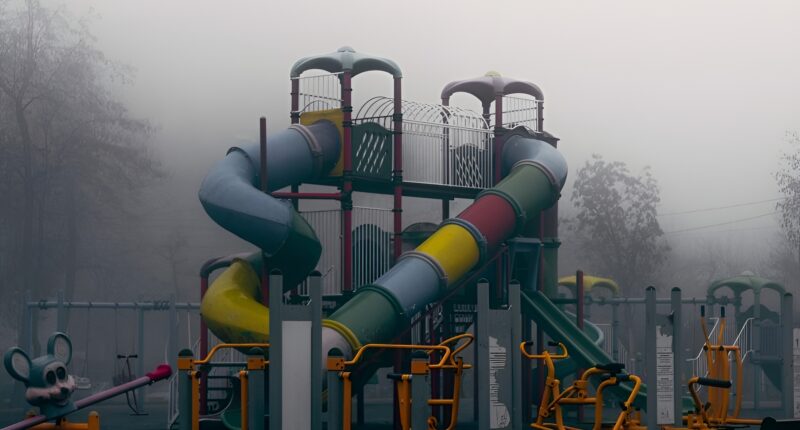One in 10 parents of preschoolers and toddlers report their child plays outside just once a week or less, whilst nearly a third say their child engages in media play such as video games daily, according to a national US poll.
The University of Michigan Health C.S. Mott Children’s Hospital National Poll on Children’s Health, conducted in August with 710 parents of children aged one to five, found that three in five parents say their child watches TV or videos daily, with screen time increasingly part of play routines.
Sarah Clark, Mott Poll Co-Director, said diverse play experiences support healthier development. “Play is the key to how young children learn and develop,” she said. “It starts in infancy, with parents playing peekaboo and as children become older, they create their own version of play. Our report suggests that many families could support healthier development by encouraging a wider variety of play experiences.”
The nationally representative poll found that on a typical day at home, the majority of parents report their child engages in physical play like running, jumping or climbing (88 per cent) and pretend or make-believe play (68 per cent). More than half also say their child regularly plays with puzzles, blocks or other objects that help develop fine motor and problem-solving skills.
However, watching TV and videos is a daily part of most children’s routines. The majority of parents of preschoolers and nearly half of parents of toddlers admit to handing their child a phone or tablet in the car, in public places or when they need to be occupied.
The importance of balance
Clark acknowledged the convenience of mobile devices but emphasised the importance of balance. “Phones and tablets are convenient, and it’s understandable that parents rely on them at times,” she said. “But it’s important to be mindful of how much time is spent in media play and to create opportunities for more active, imaginative and social play.”
Most parents polled report their child plays outside daily or several times a week. However, nine per cent say outdoor play happens once a week or less, well below expert recommendations for supporting physical and social development.
Parental anxiety may represent one barrier to more independent outdoor play, with four in 10 parents admitting they feel nervous when their child goes “too far” or climbs “too high”. Seventy-five per cent of parents of three- to five-year-olds say their child uses swings independently, whilst 41 per cent report their child crosses the monkey bars alone. Nearly half of parents hold their child’s hand or stand right next to them when the child attempts a new physical challenge.
Clark said activities like climbing trees, riding bikes or sliding down poles at playgrounds provide opportunities for growth, whilst cautioning against overprotection. “Parents understandably worry about safety but children need chances to test their limits,” she said. “Climbing, swinging or exploring unfamiliar areas helps build confidence, resilience and problem-solving skills.”
She emphasised that appropriate challenges differ from recklessness, noting that parents who allow more independence often see their child’s confidence flourish. Clark encouraged parents to let children take the lead in play and avoid enforcing correct methods, which may unintentionally limit creativity and problem solving.











